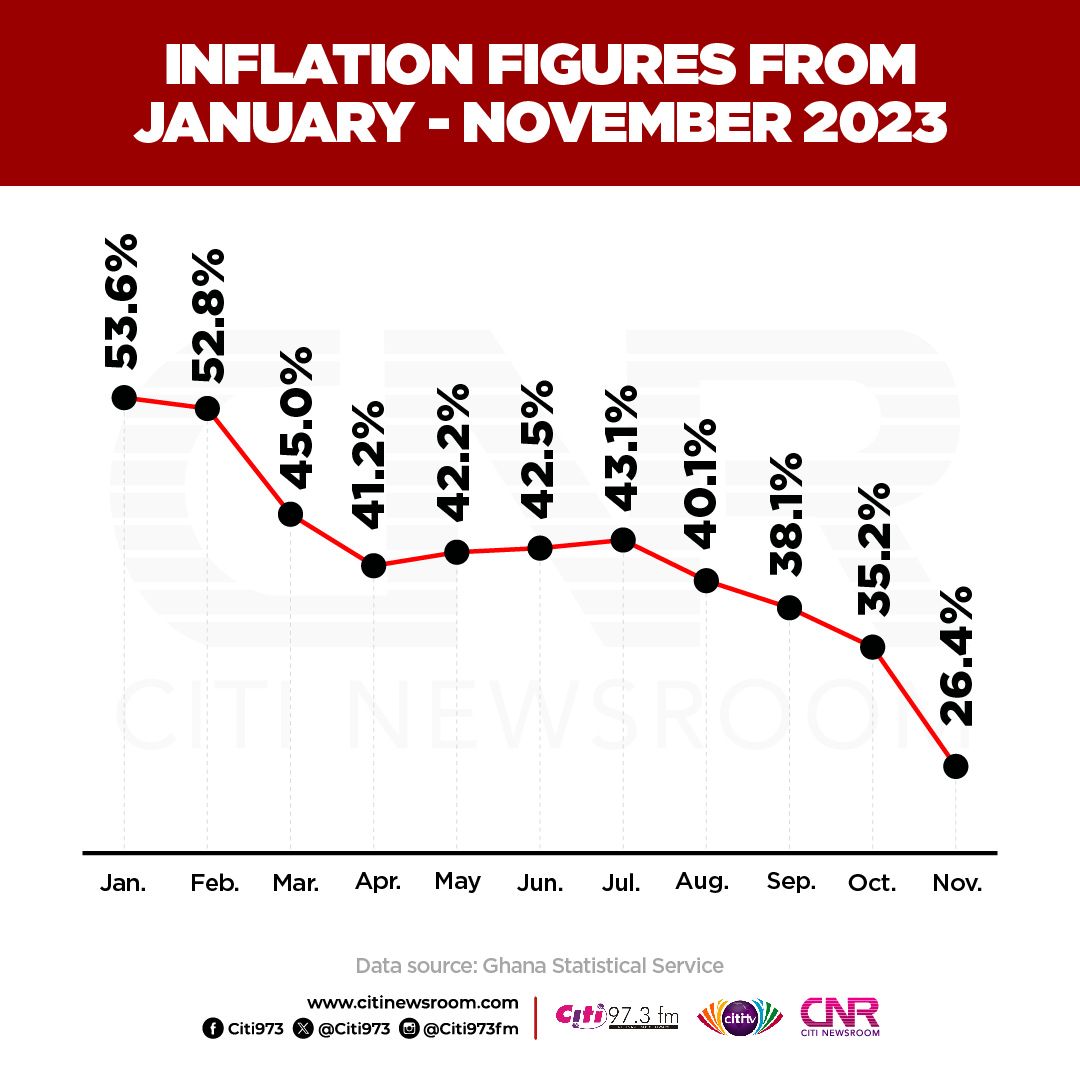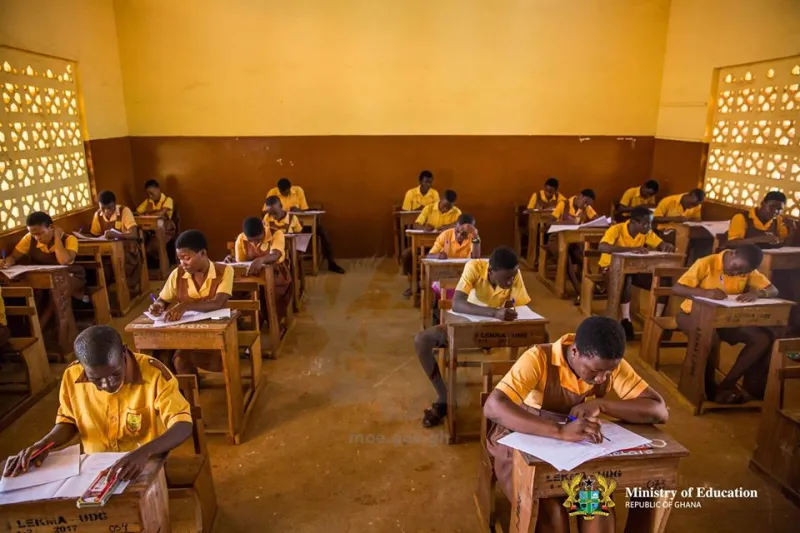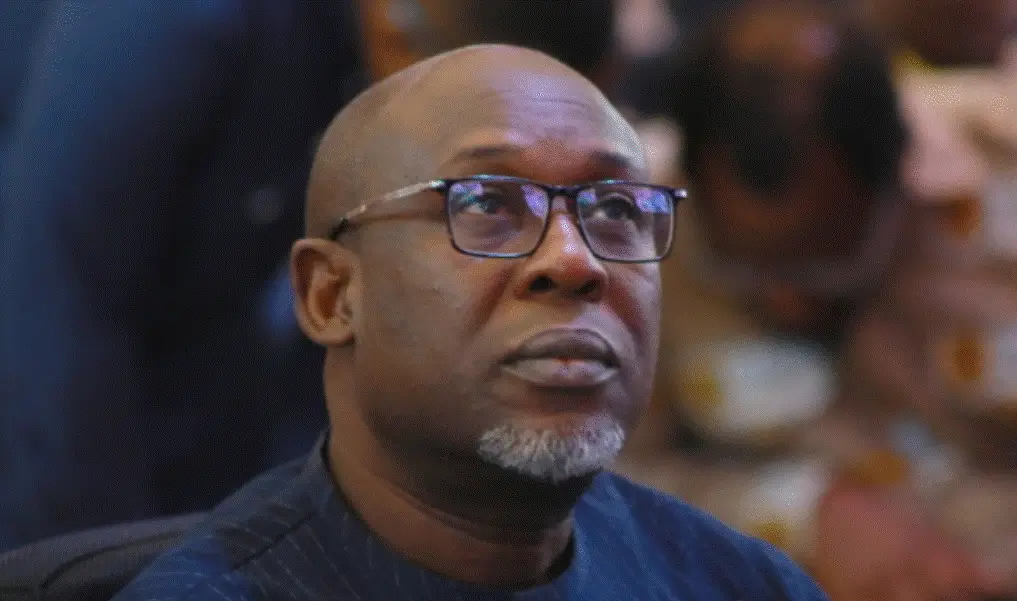
By Samuel AGYEMAN-PREMPEH
Ghana’s Parliament has recently been at the center of rigorous national attention, primarily due to the presentation and examination of the 2025 Mid-Year Fiscal Policy Review.
Delivered by Finance Minister Dr. Ato Forson, this comprehensive report provided a critical update on Ghana’s economic landscape, outlining recent performance figures, adjusting projections for the remainder of the year, and detailing strategic measures intended to stabilize and strengthen the economy amid complex fiscal challenges.
The debates that ensued in Parliament exemplified the institution’s indispensable role as a guardian of fiscal accountability and economic governance. The Minority Caucus, under the leadership of Alexander Afenyo-Markin, launched a robust and pointed critique of the government’s fiscal management, particularly focusing on the contentious Domestic Debt Exchange Programme (DDEP).
They described the debt restructuring efforts as a ‘betrayal of pensioners’, pointing to the adverse implications such financial maneuvers might have on social welfare beneficiaries and longstanding government bondholders. The Minority urged for heightened transparency regarding the utilization of proceeds from the GH¢20 billion debt exchange, underscoring concerns about prioritization and the long-term sustainability of government debt.
In defense, Finance Minister Dr. Forson articulated the government’s viewpoint with conviction, underscoring their progress in restoring fiscal stability. He argued that the fiscal position has “significantly improved” due to prudent measures, assuring Parliament and the public of the government’s commitment to meeting its financial obligations strictly within the framework of the DDEP payment plan, thus mitigating fears of default.
The Minister’s presentation also reflected ambition, targeting a reduction of inflation to single digits by December 2025 and highlighting sustained efforts in stabilizing the exchange rate—targets critical to the restoration of economic confidence and investor trust.
These intense and substantive plenary discussions signify the Parliament’s pivotal function not merely as a legislative body, but as an essential oversight institution ensuring the responsible management of public finances. Through such engagements, Parliament fosters democratic transparency and holds the executive accountable, balancing economic policy with socio-economic considerations and emphasizing inclusivity in fiscal governance.
Beyond budgetary scrutiny, the Parliament’s activities reaffirm its broader commitment to democratic governance, exemplifying how robust debates and rigorous analysis serve as a foundation for crafting policies that align with the country’s developmental objectives and national welfare. As Ghana navigates a complex economic environment, the legislature’s vigilant oversight and constructive critique remain vital forces in shaping a resilient and prosperous future.
What comes next after this review:
- Increased parliamentary oversight – Parliament is likely to continue closely monitoring the implementation of the DDEP and the broader fiscal strategy, ensuring transparency and accountability in government financial management.
- Ongoing public and stakeholder engagement – Given the contentious nature of the debt restructuring, further dialogues including with pensioners’ associations, bondholders, and civil society are expected to address the socio-economic concerns raised.
- Implementation of fiscal measures – The government will proceed with executing the approved budget plan, focusing on revenue mobilization, prudent expenditure management, and completion of critical infrastructure projects as outlined in the Review.
- Regular updates and reviews – Parliament, as mandated by law, will require subsequent fiscal updates, potentially including a full-year review, to assess progress against the stated targets and make necessary policy adjustments.
- Policy refinement and support – To support economic stabilization, Parliament may consider complementary legislative and policy measures that strengthen revenue generation, control inflation, and enhance investor confidence.
>>>the writer is a passionate advocate for democratic governance and citizen engagement. As a concerned citizen, he writes to promote awareness and inspire action towards building stronger and more inclusive democratic institutions in Africa
The post Economic prudence and the mid-year budget review appeared first on The Business & Financial Times.
Read Full Story



















Facebook
Twitter
Pinterest
Instagram
Google+
YouTube
LinkedIn
RSS